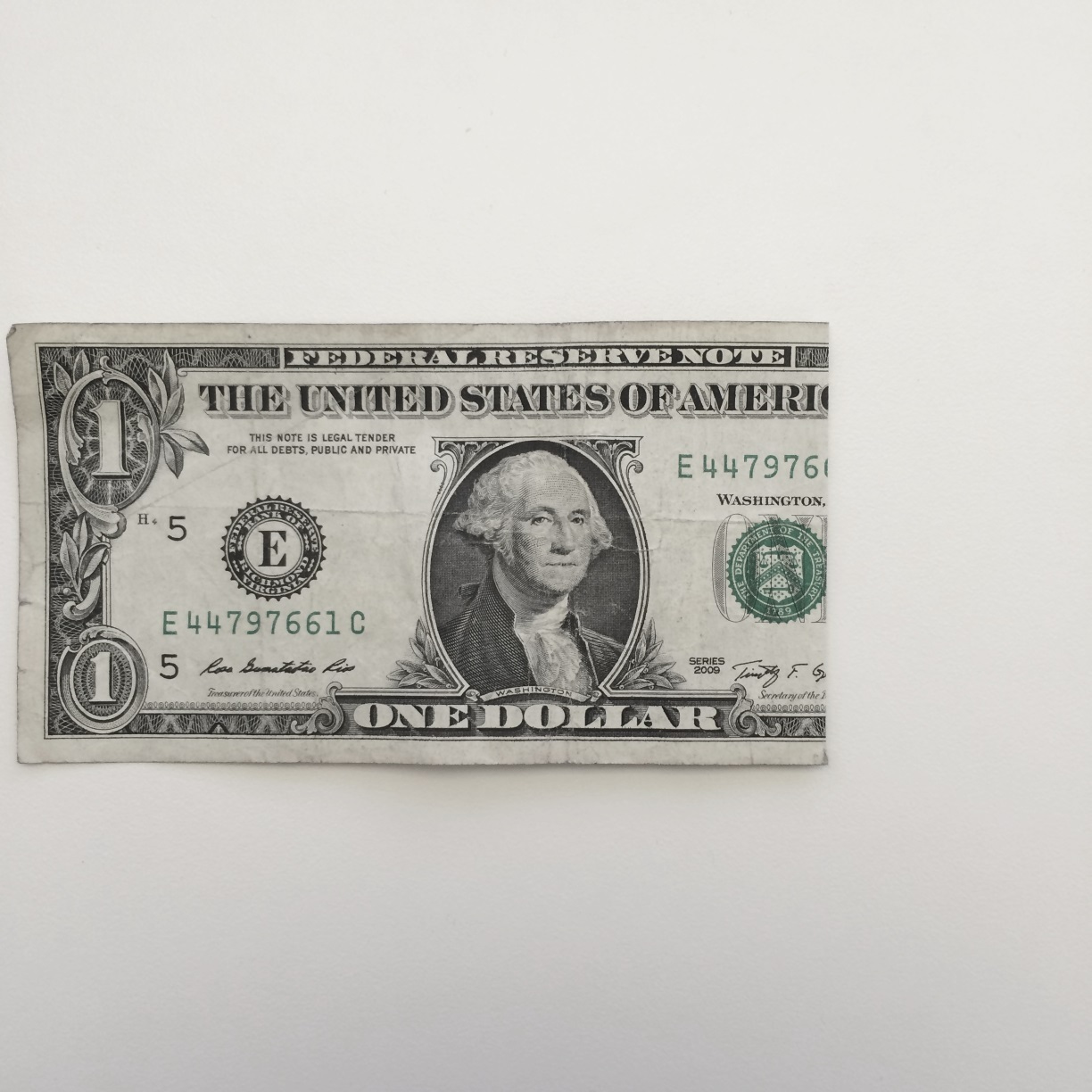How do we identify ourselves? I don’t mean personally, but to others. In the real world, we identify ourselves by name. Depending on the circumstances, we must use names of varying detail. If someone in the room has the same first name as you, using first and last name to identify yourself might be necessary. If someone has the same first and last name, we need to qualify it with a distinguishing characteristic. “Fat Steve Tejada” versus “Slim Steve Tejada.” The problem is coming up with a unique identifier given the context.
So that’s in the context of “real” world social situtations. What about more abstract or general contexts, such as the context of the Internet, or the entire world overall? How do you uniquely identify yourself from everyone on the planet? Considering the dramatic increase in interconnectivity around the world, this may certainly be an issue in the future.
For example, I’m sure there’s another “Michael Patrick Brian McGranahan” out there, so how would you distinguish between us? There may even be another “intelligent Michael Patrick Brian McGranahan.” It’s not until we refer to “handsome intelligent Michael Patrick Brian McGranahan” do we have a unique identifier. There are also things like driver’s licenses and bank account numbers, credit card numbers, social security numbers, employee ID’s, computer login names, etc. I guess I’m most interested in contact identifiers, that you give to others, that they can then use when contacting you.
Some examples of contact identifiers, such as an email address or a phone number. Other contact identifiers include personal website URLs, public IP addresses (not unique if NAT’d), OpenID’s, and instant messenger names (within the context of a particular instant messenging system), etc. Each has to be unique within it’s contextual realm (no two phone numbers are alike, . Which is best? And are these aesthetically satisfactory? “Hi, my email address is ‘happystar1989@hotmail.com’.” Gross.
I think one step in the right direction would be to frame the identifer as a URL, that way you’re identifier can reference some resource that can contain more information about how to contact you, such as email address, work and personal phone numbers, mailing address, instant messenger name, etc. This informational document would be in a standardized format, for example in RDF. RDF, being XML, is perfect because it is extensible, so as new technologies and methods of contact come along, the RDF file could be ammended accordingly. Then all you’d need to do is give someone that URL, and they can use it with any communication technology, and the device would reference the document for device-specific contact information. So phone numbers, email addresses, mailing addresses, instant messenger names, etc, as we know them today, would all be a single URL in the future. “Hi (in social situations) I go by ‘Michael McGranahan,’ and my contact RDF is at ’scrambledbrains.net/contact’.”
Still we have the problem where more than one person could have that name. And I’m at a loss as to how to rectify that. No one wants an ID number. That would be akin to a global social security number. OHHHH!!! (I love stream of consciousness writing.) It could be a cryptographic hash of your digitally-encoded DNA sequence! That would be unique (do identical twins actually have identical DNA?) and would also protect your privacy! BAM! Now the problem would become having to say “Hi my name is 8E943533F52781001BEC09028F1BEC09028F014AC4D385E0EFD754….” Of course this can’t realistically be spoken, so you’d have new ways of conveying this information. Perhaps you can hand a card or microchip to the person you’re greeting, or send it over Bluetooth. In the future, maybe you can give them your fingerprint and they can access a public database that matches fingerprints to DNA hash ID’s. Or you could have a chip implanted in your hand that allows an exchange of information through the conductivity of your skin when you shake someone’s hand. Gotta be careful how you touch though!
OK, I’m not sure what the best way to reconcile the DNA hash ID with a personal informational URL. Perhaps a new networking protocol. IPv10? Where everyone gets internet namespace based on their DNA hash. I’m not sure, I guess that’s for you to decide.
 OK, we’ve all used SMS. That’s the technology that enables cell phones to send 160-character “text messages” to each other. And we all know that the major phone carriers provide email gateways to the SMS relays. For example, T-Mobile delivers emails sent to the address 3105551234@tmomail.net to that cell phone via SMS. Other providers have different email domains for their SMS gateways. Anyway, we all know that’s cool because it’s easier to type out a message on your computer than with your thumb on a cell phone. Well, we all know the problem with this is that you have to know what phone carrier each person is on to know what to put after the @ sign in the email address.
OK, we’ve all used SMS. That’s the technology that enables cell phones to send 160-character “text messages” to each other. And we all know that the major phone carriers provide email gateways to the SMS relays. For example, T-Mobile delivers emails sent to the address 3105551234@tmomail.net to that cell phone via SMS. Other providers have different email domains for their SMS gateways. Anyway, we all know that’s cool because it’s easier to type out a message on your computer than with your thumb on a cell phone. Well, we all know the problem with this is that you have to know what phone carrier each person is on to know what to put after the @ sign in the email address.
 It all started back in October 2005 local time, with the announcement that there was a job opening in Murphy Hall at the University of California, Los Angeles. Yes, the one and only Los Angeles, the city in which our ancient, mighty, fallen brethren lay encased in bubbling tar pits. If only the Space-Ark could have taken them all.
It all started back in October 2005 local time, with the announcement that there was a job opening in Murphy Hall at the University of California, Los Angeles. Yes, the one and only Los Angeles, the city in which our ancient, mighty, fallen brethren lay encased in bubbling tar pits. If only the Space-Ark could have taken them all.
